Labor’s squeamishness on borders is confounding
During the Covid pandemic, Labor premiers were so eager, heartless and efficient at turning state borders into impenetrable barriers. Why are our sovereign borders treated like a maritime welcome mat?
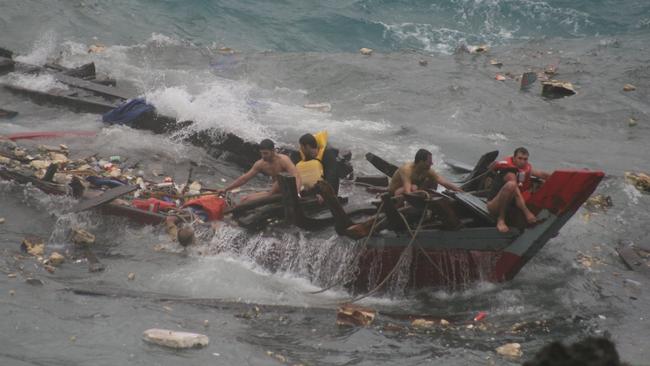
What is it about the virtue-signalling mindset of the left that could turn what should be meaningless internal boundaries into heavily policed lines of control, while always viewing the borders that define and protect our nation as some kind of maritime welcome mat?
How do we explain the political mindset that presents a stiff arm of rejection to fellow citizens, pregnant women and grieving relatives trying to reach medical care or loved ones across state borders, while struggling to find the moral mettle to block illegal people-smugglers and their fare-paying customers from crossing our borders in search of permanent residency? If nothing else, the pandemic might have taught the green left about the value of borders, yet still they display a stubborn inability to grasp the fundamentals of border protection and why it matters.
In Tony Burke’s first iteration as immigration minister (back when Labor boasted about axing John Howard’s Pacific Solution, recklessly inviting the border chaos in which 803 boats delivered more than 50,000 asylum seekers into detention) his justification for border control focused on the need to save refugee lives. Charged with resolving the crisis when Kevin Rudd returned to the prime ministership in 2013, Burke started to reintroduce a version of the Pacific Solution.
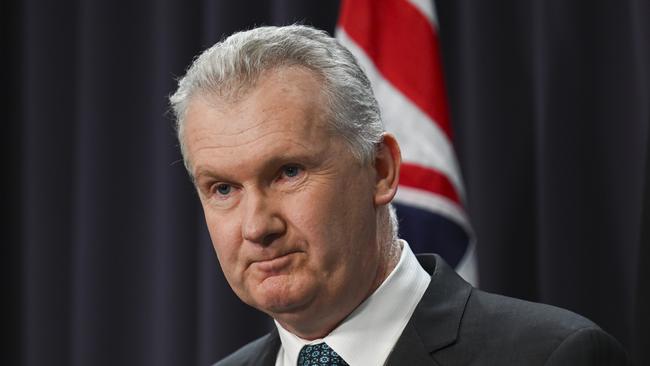
He justified this policy reversal and acceptance of large parts of the approach that Labor had dismantled and demonised for six years by focusing on the “good and decent motivations” of Labor to save refugee lives. “We will have stopped people drowning,” Burke argued. “We want to make sure the most vulnerable people to fill our humanitarian quota are chosen in consultation with the United Nations, not self-selected by people smugglers.”
At least 1200 asylum seekers had drowned at sea under Rudd and Julia Gillard, and we saw the tragedy unfold when 50 people died in traumatic scenes when a boat was dashed against the rocky shores of Christmas Island in December 2010. The lifesaving justification for combating people smuggling is strong and righteous (I used it myself to encourage Malcolm Turnbull and his moderates to re-embrace Howard’s policies when I worked for him as opposition leader in 2009) but it is not the underlying rationale for border protection.
However, it is illuminating that this is the only reasoning that seems to be acceptable to the leftist mindset. Even in opposition, in 2015, Burke was using this emotive argument about saving refugee lives to win policy debates within the ALP: “Labor people don’t take delight in thumping the table and boasting about how tough we can be.”
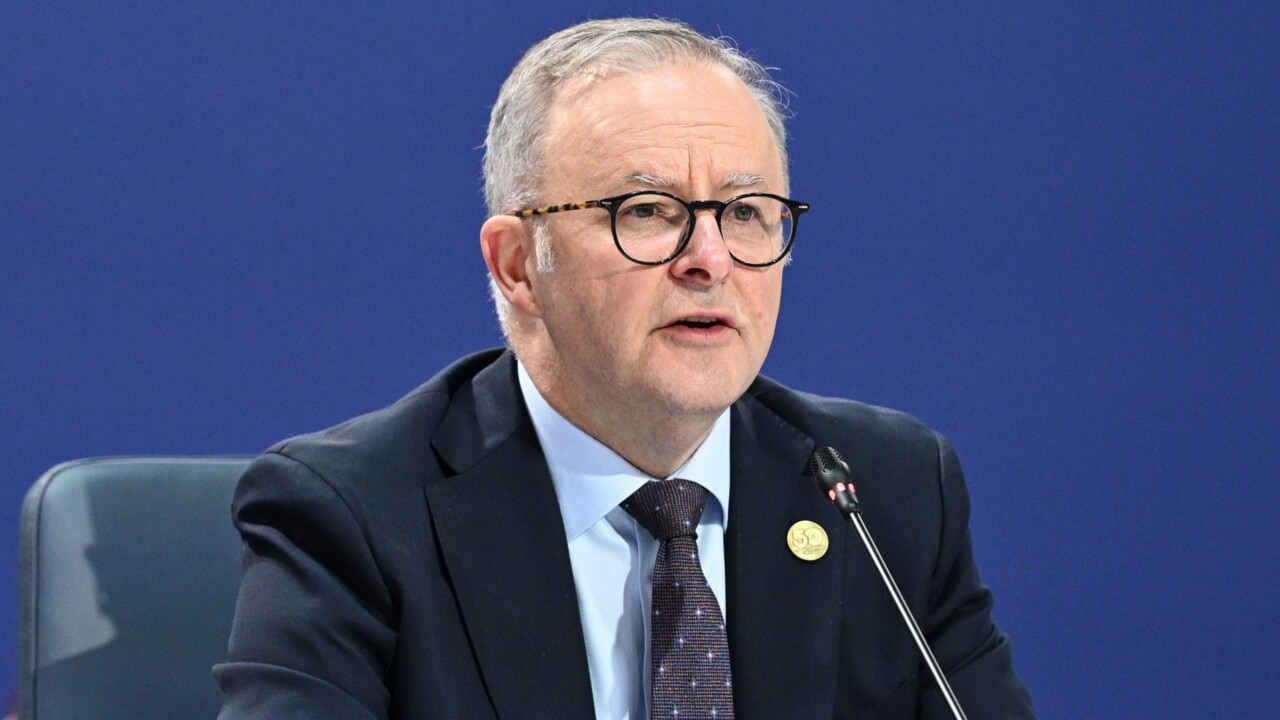
This betrays an alarmingly naive and partisan view of a fundamental policy issue. Burke and many on the left like to demean conservatives as cruel, apparently being tough on asylum seekers for thrills – as if that makes any sense.
It is an immature meme that fails to recognise how conservatives understand that keeping order tends to demand difficult decisions and firm resolve.
The point is that even without the trauma and tragedy of lives lost at sea, there are powerful reasons to demand strong border protection, always.
Without controlling its borders a territory cannot be a sovereign nation, and unless it manages people movements across its borders, a nation can have no control over its defence, security, immigration or even its public health. For national governments and anyone seeking to serve in them, border protection should be axiomatic, a non-negotiable.
Yet Labor struggles with the concept. Nobody wants to see the horror of deaths at sea again or the trauma of immigration detention, so let us hope that in his second crack at immigration Burke can display comprehension of the fundamental importance of securing our borders not only to protect asylum seekers but to protect our nation.
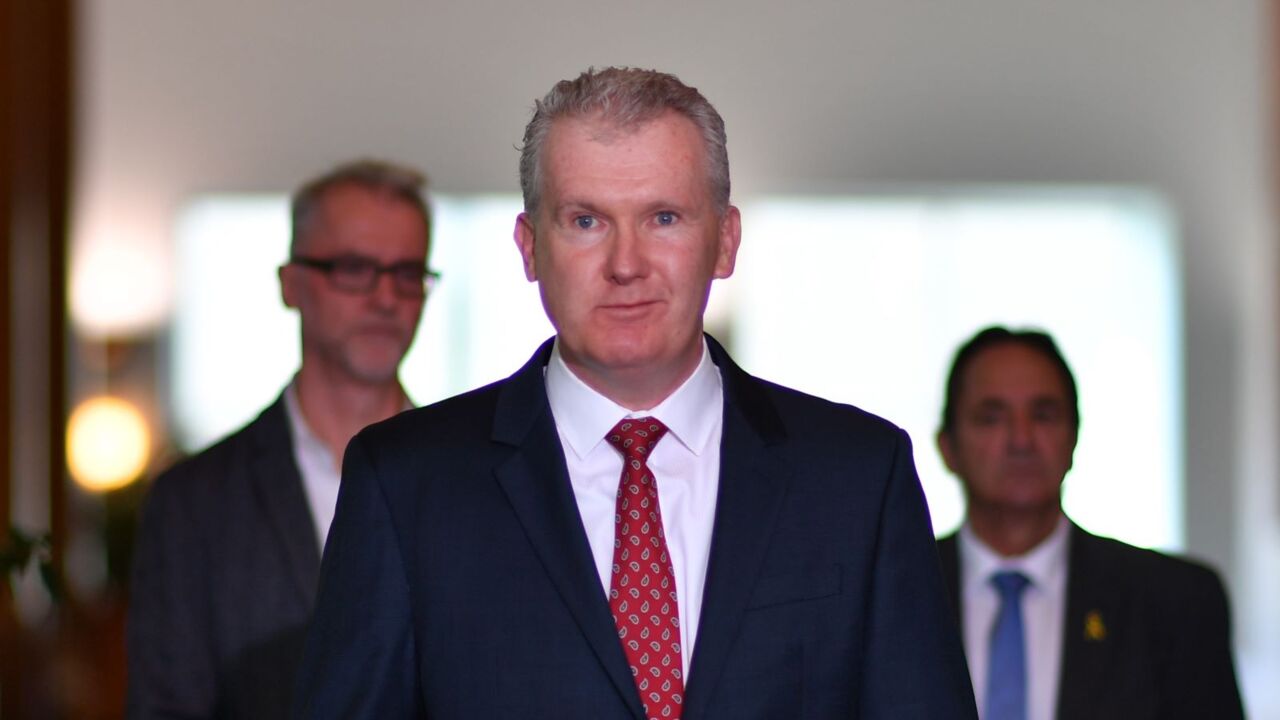
Already the signs are alarming. Since coming to office the Albanese government has scrapped temporary protection visas, one of the key pillars of deterrence under Operation Sovereign Borders (the Tony Abbott-Scott Morrison remake of the Pacific Solution).
Inexplicably, Labor has also reduced aerial and maritime surveillance of the hot zone for people-smuggling arrivals off our northwest coast. People-smuggling ventures have started up again; thankfully some have been turned back (a crucial tactic that Labor long argued was impossible and that Rudd claimed would trigger conflict with Indonesia).
Ominously, however, more than 280 asylum seekers have arrived on 11 boats, and three of these illegal ventures delivered people to the mainland – something that had not happened for a decade. In these cases, the smugglers apparently dropped their human payloads and left on their boats without being detected.
This is deeply worrying and is part of the reason Andrew Giles and Clare O’Neil were dumped from their roles as immigration and home affairs ministers, respectively, this week. The other reason is their mismanagement of the criminal non-citizens court case and response.
Under this pair, the government wrongly ceded a crucial point – accepting there was no hope of resettling these criminals – and it lost the High Court case. But, worse, they did nothing to prepare for the outcome by seeking to limit or delay the number of criminals released, legislate special visa conditions or put proper surveillance in place.
They have been playing catch-up ever since. We learned this week that 39 of these criminal non-citizens, 25 per cent of the 159 released, have subsequently been charged with fresh offences.
Still more criminals – and we are talking about serious offenders including murderers, rapists and child sex offenders – have been saved from deportation because of the infamous Direction 99 issued by Giles that he has had to replace. It is a clustermess.
Yet when asked this week about why he dumped Giles and O’Neil, the Prime Minister tried to argue they had been successful ministers who had been able to “repair the damage” from the Coalition years. They had been demoted only “because there’s a reshuffle”.
Anthony Albanese confirmed his detachment from reality by then claiming that their replacement across both portfolios, Burke, would be “excellent” and “outstanding” when his record over just three months in the job in 2013 was to see 83 boats bring in more than 6600 asylum seekers while, on his own reckoning, seeing 33 people die in the attempt.
There is indeed a heavy responsibility on Burke, and his record is discouraging.
Not only is Australia one of the world’s most successful immigrant nations, we have also just had our highest annual migrant intake, coinciding with a housing crisis and cost-of-living crunch.
Apart from needing to manage numbers down to economically and socially sustainable levels, this situation underlines the crucial role of border protection in underpinning public confidence in an orderly migration program.
Our net migration of almost 547,000 last year was greater than the population of Tasmania – in a single year we added the equivalent of another state. It is little wonder there is public disquiet, as well as pressure on housing and other infrastructure and services.
For all these reasons Burke’s challenges in his new portfolio are highly consequential. Sadly, I get the impression Albanese recognises their political importance in the lead-up to the election more than how crucial all this is for our national economic development and social cohesion.
Burke is an experienced parliamentary campaigner and manager of government business in the chamber, so Albanese will be expecting him to blunt the attacks over border protection, criminal detainee and migrant intake criticism. What the country really needs is someone who can repair the mistakes, protect our citizens and uphold the national interest.
In a Radio National interview this week Burke made some of the right noises about this “serious job that has to be done” but he also claimed that in his three months as immigration minister across Labor’s last days in office in 2013 there was a “90 per cent reduction in the number of people putting their lives at risk at sea” because he implemented Labor’s version of the Pacific Solution. This is not accurate – even an ABC Fact Check in late 2013 demonstrated that while Labor’s belated action seemed to produce a reduction in arrivals, this trend accelerated and consolidated after the Coalition won office and launched Operation Sovereign Borders.
The salient point is that immigration remains too important for our economic future, social evolution and national security to be toyed around with as a mere political problem. Albanese and Burke will have to demonstrate with their actions that they understand this, otherwise the nation could pay a heavy price.




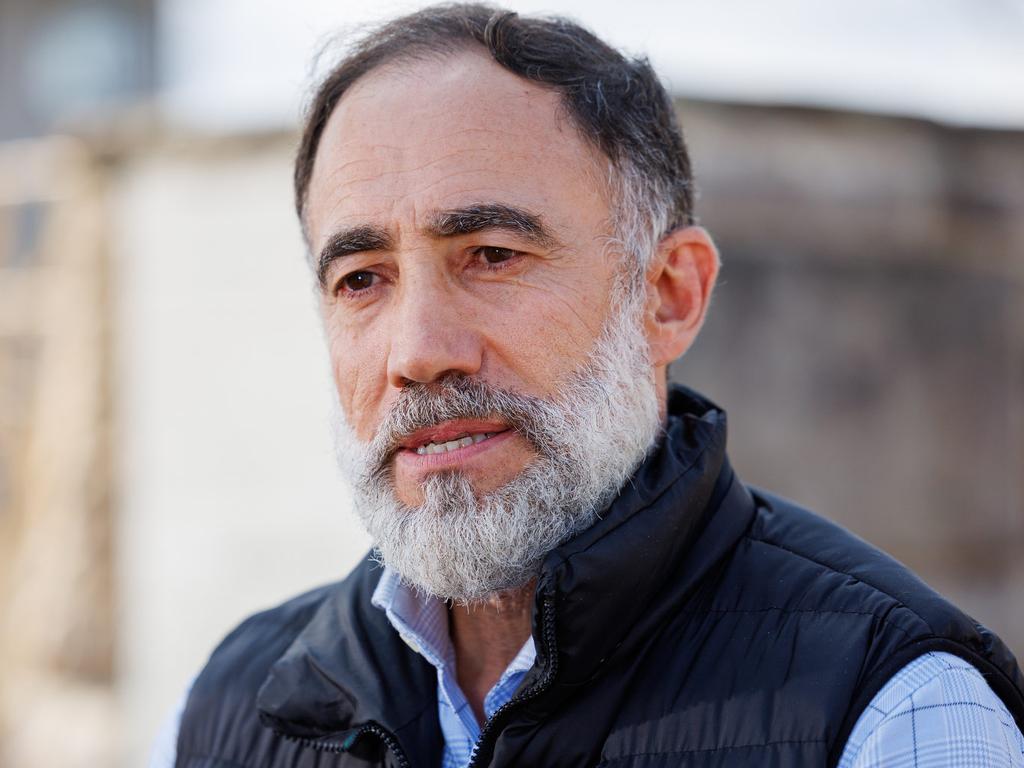


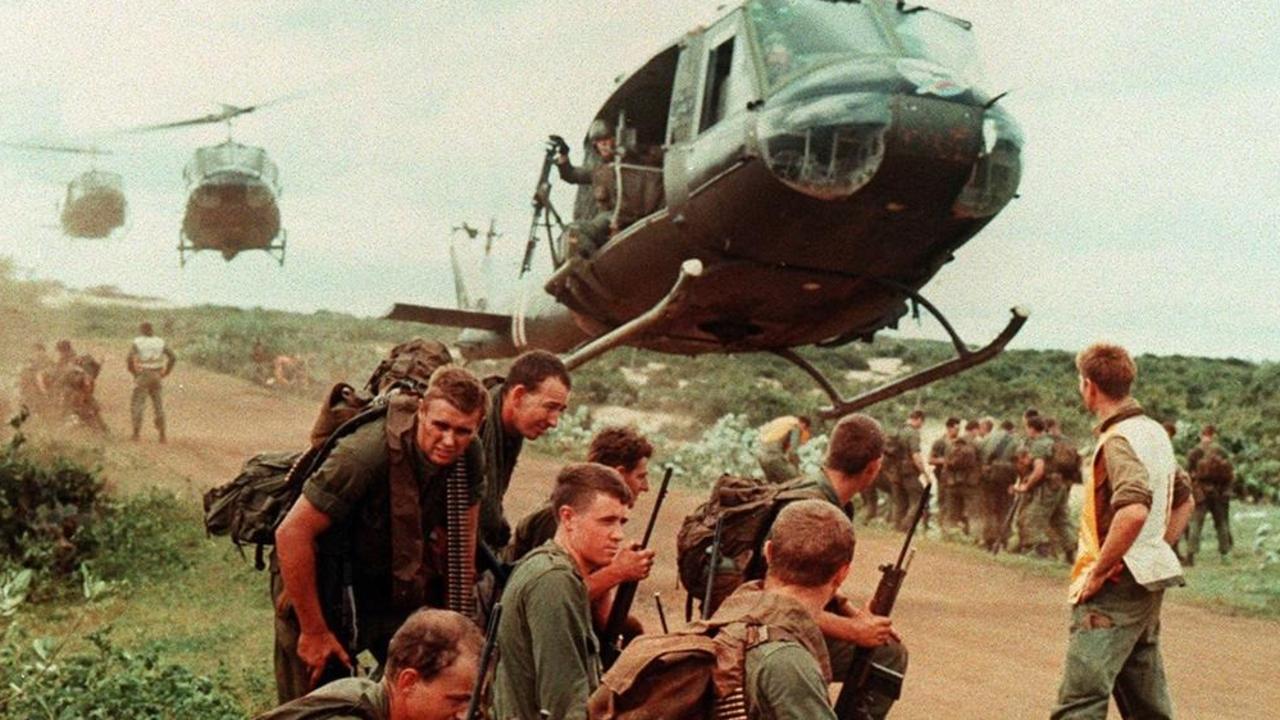
Given Labor premiers like Daniel Andrews, Annastacia Palaszczuk and Mark McGowan were so eager, heartless and efficient at turning state borders into impenetrable barriers during the pandemic, the ALP’s squeamishness about protecting the nation’s sovereign borders is confounding.